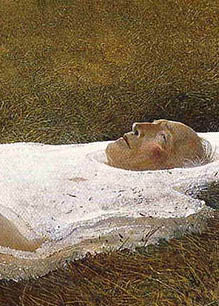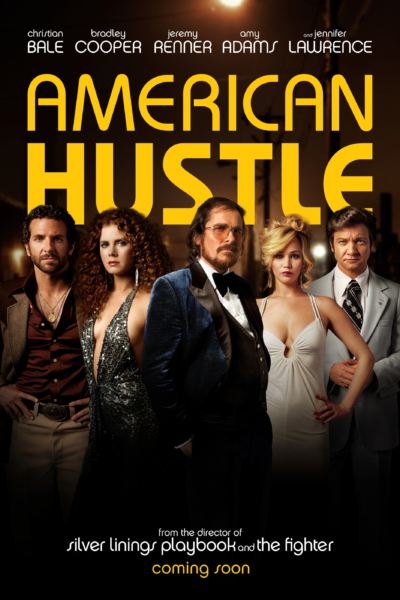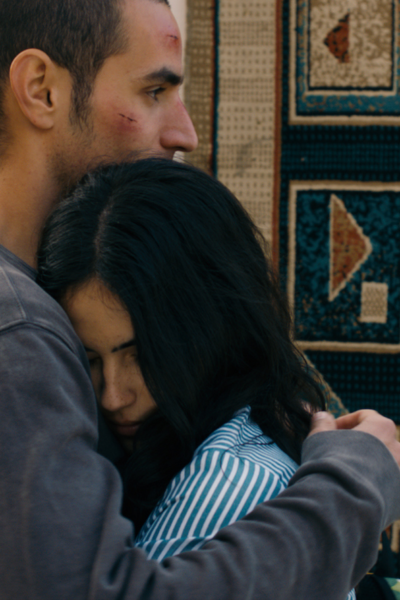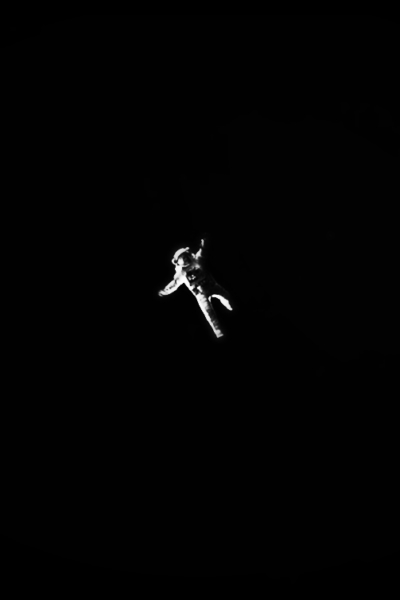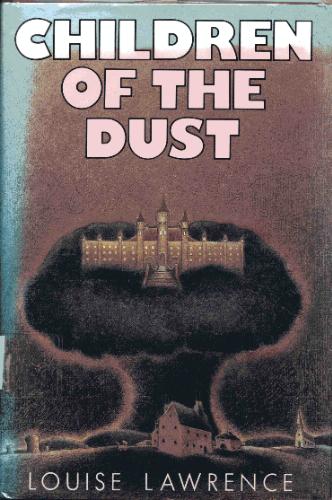Wes Anderson’s THE GRAND HOTEL ABYSS
The fulfillment we get from nostalgia can only be taken up, at best, in an ossified, brittle sort of way. Wes Anderson must understand this, as it is essentially what is dramatized in The Grand Budapest Hotel.
Change in the Land: Willa Cather’s Midwest
The mysterious work of the novel in regard to climate change seems less about politics and more about calm, diverse reflection.
The lost innocence and deteriorating sanity of AMERICAN HUSTLE’s protagonists is meant to play less as tragedy than as camp.
Dave Eggers’ THE CIRCLE is a smart techno-potboiler. Spike Jonze’s HER is an intimate film about our relationship with technology. Together they illustrate the dual relationship we have with the tools we use: they at once make us lonely and promise themselves as the cure for that loneliness.
Violence and Intimacy in Palestine’s OMAR
It’s possible that my intimacy blinds me to the larger issues at play in OMAR. But it’s also possible that the inability to account for love in so many theoretical approaches to violence is what renders them so useless.
GRAVITY fails in a very American way: the lone individual triumphs over nature, energized by her sense of self-value. Americans have a history of bringing our own banalities into space with us.
Evil will stay evil. This is true in all the Coens’ work, and it may be why their movies always seem linked up with the Fates: because, unlike most of Hollywood movies, they are about life on earth.
I’m standing by books because they offer writers the space to dig in, to see if formal innovations and experiments can hold up, and provide the space for authors to take ideas to their limits.
In Louise Lawrence’s 1985 young-adult novel CHILDREN OF THE DUST, mutation becomes a queering strategy for post-capitalist, posthuman survival.
I want vicarious immersion in a novel; I don’t wan’t to continue the sort of emotional performativity social media require.



